Lithium Ion Marine Battery Ultimate FAQ Guide
Why do Boats Use Lithium Batteries? Lithium Ion Marine Battery Ultimate FAQ Guide
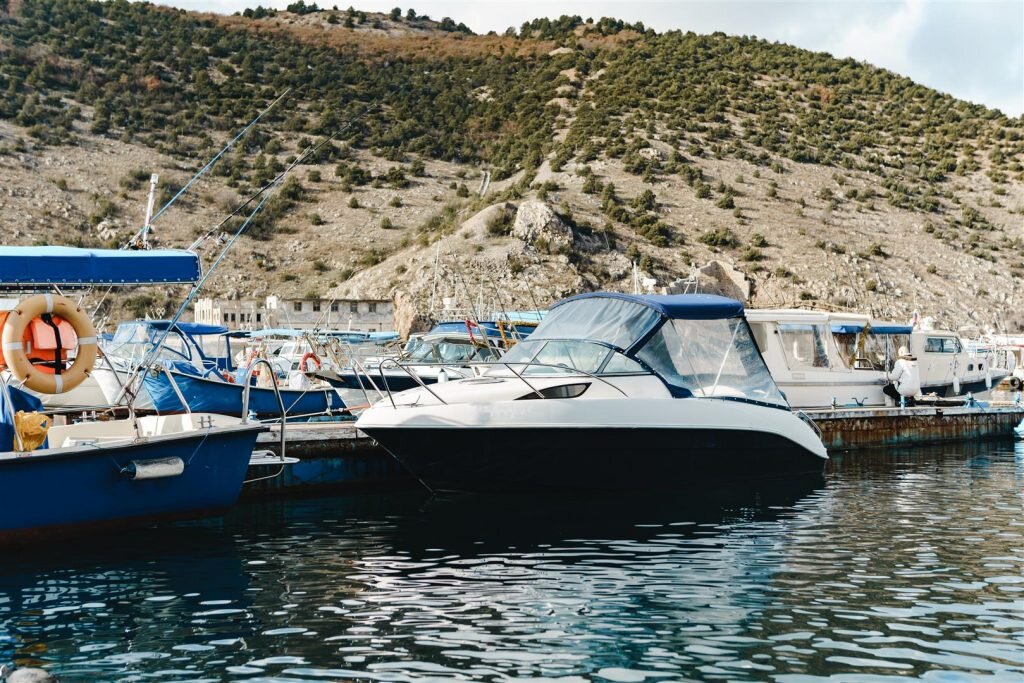
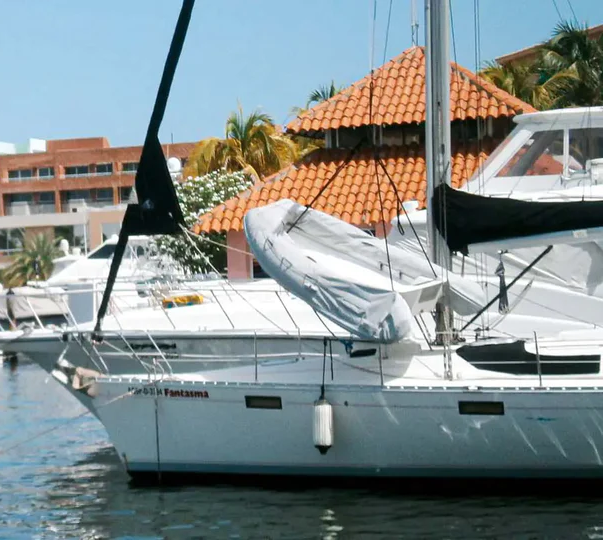
Marine lithium battery-lithium ion battery manufacturer
20 years of professional lithium-ion battery manufacturer, our lithium-ion battery products have passed UN38.3, CE, FCC, ROHS, UL certification. Our battery pack has a 10-year warranty, can be connected in series and parallel, can be configured with Bluetooth, and can also customize special functions such as heating function. At the same time, these marine lithium batteries use the best BMS protection board to protect the lithium battery pack from overcurrent, short circuit, overcharge, overdischarge, etc. The battery is fully stocked and can be shipped within 3 days.
12V / 24V / 48V Marine Battery Manufacturer
Why do Boats Use Lithium Batteries? Lithium Ion Marine Battery Ultimate FAQ Guide
Why Lithium Ion Marine Batteries are the Best Choice for Boat
When powering your boat, choosing the right type of battery is crucial for a smooth and reliable experience on the water. One of the best available options today is a lithium-ion marine battery.
These batteries offer several advantages over traditional lead-acid batteries, making them a top choice for boaters of all kinds. This article explores why lithium-ion marine batteries are the best choice for boats and explore some of the key benefits they offer.
From longer lifespan to improved performance and greater convenience, there are many reasons to consider switching to a lithium-ion marine battery for your next boating adventure.
What Is a Lithium-Ion Marine Battery?
Lithium marine batteries are a type of rechargeable battery specifically designed for boats and other marine vehicles. They are an alternative to traditional lead acid batteries, which have been used in the marine industry for many years.
Lithium batteries offer several advantages over lead acid batteries, including higher energy density, longer life span, faster charging, and more efficient power delivery. Lithium marine batteries are available in both deep cycle and cranking models.
- Deep-cycle lithium batteries are designed for long-term use, providing power for fishing, sailing, or camping.
- Cranking lithium batteries provide quick bursts of energy when starting engines, powering electronics, or performing other tasks requiring a large amount of energy in a short time.
They are also more efficient than traditional lead acid batteries, meaning they can provide more energy with less battery weight. This makes them an attractive choice for boaters looking to reduce their overall weight and free up storage space.
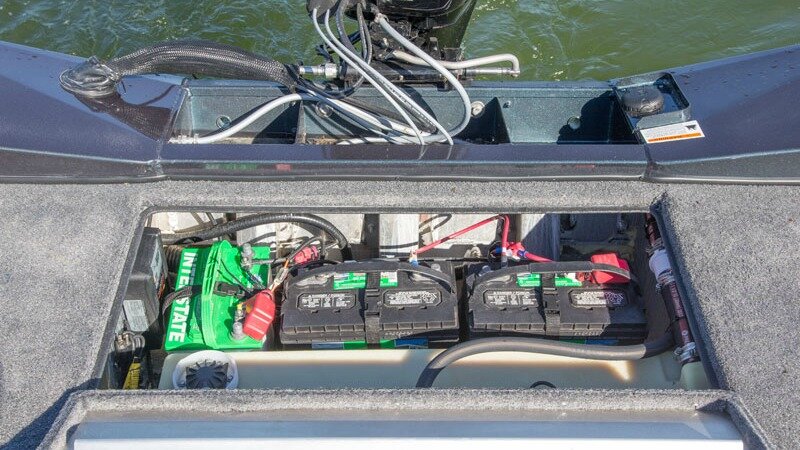
How Do You Select the Best Lithium-Ion Marine Battery?
Choosing the right type of lithium battery for your boat is critical. There are many different types of lithium marine batteries, and it’s important to select the best one for your needs. Here are some factors to consider when selecting a lithium battery for your boat:
Battery Type
Lithium batteries come in various types, including lithium-ion batteries, lithium battery management system (BMS) batteries, gel batteries, and traditional lead acid batteries. Each has its advantages and drawbacks, so it’s important to understand the differences before selecting.
Maintenance
All batteries require some degree of maintenance. Compare the amount of maintenance required for different types of batteries before making a selection. AGM batteries need low-maintenance, while traditional lead-acid batteries may require more frequent maintenance.
The capacity of a battery is measured in amp-hours (Ah) and determines how long the battery can power your boat. A higher-capacity battery will last longer than a lower-capacity battery.
Voltage
The voltage of a battery is measured in volts (V) and determines the power of the battery. A 12-volt battery is a standard for most boats, but some boats may require a higher or lower voltage.
Size and weight
The size and weight of the battery will depend on the space available on your boat and how much weight your boat can carry. Lithium-ion batteries are typically smaller and lighter than lead-acid batteries.
Charge/discharge rate
The charge/discharge rate of a battery is measured in C-rate and determines how quickly the battery can be charged and discharged. A higher discharge rate for a battery means that more current is flowing out of the battery at a faster rate.
A higher C-rate can lead to shorter battery life and a decreased overall performance. In general, it’s recommended to use the lowest C-rate possible for a specific application to extend the battery life.
What Is the Difference Between a Deep-Cycle Marine Battery and Trolling Motor Battery?
- Trolling motor batteries are designed specifically for powering electric trolling motors and other small electric appliances. They are unsuitable for larger electrical loads, such as those needed to power boats.
- Trolling motor batteries are typically smaller in size and are either lead-acid or lithium-ion batteries.
- A deep cycle battery, like a trolling motor battery, is also designed to power small electrical appliances, but it can provide more power and last longer than trolling motor batteries.
- Deep cycle batteries are typically used in boats, RVs, and off-grid solar systems.
- They are often AGM or Gel batteries, although some are available in lithium battery form.
In summary, choosing the right battery for your boat depends on the type of boat and its electrical requirements. Lead acid batteries, AGM and Gel batteries, and lithium marine batteries have advantages and disadvantages. Knowing which type fits your boat best will ensure you have the most reliable and longest-lasting battery possible.
Can We Use the Same Battery for Deep-Cycle & Trolling?
The answer is yes when using a single battery for deep-cycle and trolling, but only if you use marine lithium batteries. Lithium batteries are much better suited to powering deep cycle and trolling applications than traditional lead acid batteries.
Lithium marine batteries have significantly higher energy densities than traditional lead acid batteries, so that they can provide more power with a smaller battery size. This means you can fit a larger capacity battery in the same amount of space as a lead acid battery.
Lithium batteries have much lower discharge rates and longer cycle life, meaning they will last longer and perform better than lead-acid batteries.
Pro Tip: Using the same lithium marine battery for deep cycle and trolling applications is possible. However, selecting the right type of battery and employing a battery management system is important. This will ensure that the battery is being used safely and efficiently and will maximize its performance and longevity.
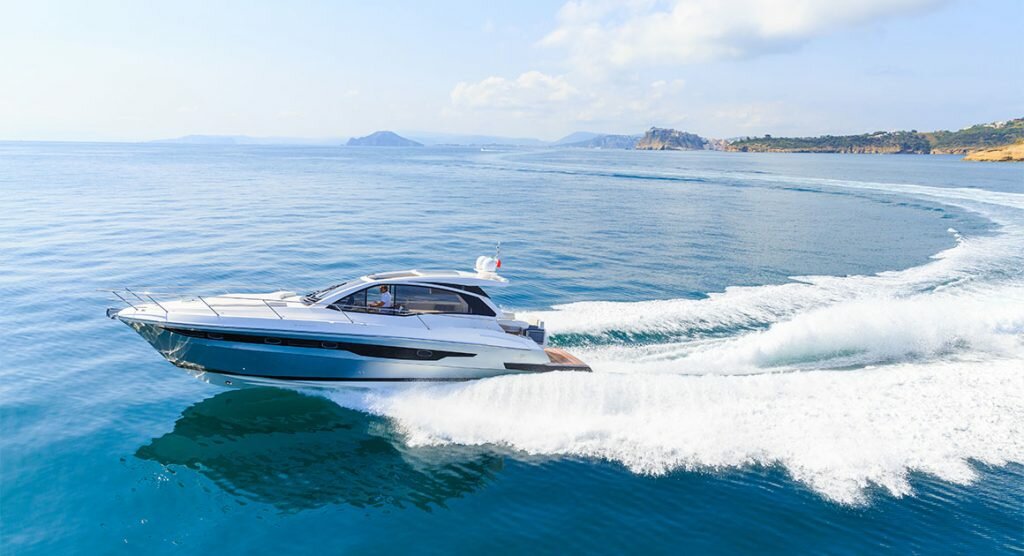
How Do I Make My Lithium Ion Marine Battery Last Longer?
The key to making your lithium marine battery last longer is understanding how to properly maintain it. This includes monitoring the voltage and current levels and the battery’s health. A battery management system (BMS) can track battery performance and help keep the battery running optimally.
In addition, proper installation is essential for lithium batteries. It’s important to choose the right battery for your particular vessel and ensure it fits correctly. You should also ensure that the battery is securely mounted and has adequate ventilation, so it does not overheat.
Lastly, taking the time to perform routine maintenance on your battery will help keep it in good condition for a long time. This includes checking its terminals for corrosion, cleaning them as needed, and ensuring all connections are secure.
Are Lithium Batteries Good for Marine Use?
The short answer is yes! Lithium batteries are becoming increasingly popular for marine use. Lithium marine batteries are much lighter and more efficient than lead-acid batteries.
- They also offer a longer lifespan than lead acid and gel batteries, meaning you won’t need to replace them as often. Plus, lithium-ion batteries require less maintenance, no need for battery management systems or to check the electrolyte levels.
- Lithium batteries are versatile and can be used in many different applications. Whether cranking batteries, deep cycle batteries, trolling motors, or AGM batteries, a lithium battery will fit the job perfectly.
- Lithium batteries can last up to three times longer than lead acid batteries and provide twice the power. This makes them ideal for boats and other marine vehicles that need a reliable and powerful battery.
What Is the Largest Problem with Lithium-Ion Batteries?
Lithium-ion batteries are a great alternative to traditional lead acid batteries, offering much longer life and better overall performance. However, they are not without their drawbacks. The biggest problem with lithium-ion batteries is the cost associated with them.
They tend to cost significantly more than lead acid, gel, and AGM batteries, especially for marine applications. Lithium batteries require a battery management system to ensure that the battery is properly charged and maintained.
This can add even more costs to the equation. Finally, it is difficult to find lithium batteries that fit many marine battery boxes. These boxes are often designed for lead-acid batteries, which have a different size and shape than lithium batteries. You often need to buy a new battery box to use a lithium marine battery.
One of the largest problems with lithium-ion batteries is their tendency to degrade over time, leading to reduced capacity and performance. Additionally, there is a risk of thermal runaway, which can cause the battery to overheat and potentially catch fire. This risk is particularly concerning in large-scale applications, such as electric vehicles and energy storage systems.
Can You Charge a Lithium Marine Battery with a Regular Charger?
Lithium batteries require a different type of charging system than traditional lead acid batteries, and most regular chargers are not designed to work with lithium batteries.
Lithium marine batteries are more complex than lead acid batteries and require a special battery management system to be safely charged. A regular charger simply cannot provide the necessary levels of voltage and current that a lithium marine battery needs to reach its full charge.
When selecting a charger for your lithium marine battery, it is important to make sure it is specifically designed to fit the type of battery you have. For instance, GEL and AGM (Absorbed Glass Mat) batteries have slightly different charging requirements than traditional deep cycle or cranking batteries, so make sure to get the right charger for your battery type.
Do Lithium Boat Batteries Require a Special Charger?
Lithium batteries, especially lithium marine batteries, are a great alternative to traditional lead acid batteries when powering your boat. As with all battery types, lithium batteries require a special charger to ensure their longevity and optimal performance.
While you can use the same charger as other types of batteries, such as lead acid or gel batteries, these chargers will not be designed to work with a lithium marine battery and may cause damage to the battery.
A lithium battery management system (BMS) is needed when charging a lithium marine battery to ensure safety and optimal performance. The BMS is a specialized charger that regulates the battery’s current and voltage and helps to maximize the life of the battery by preventing it from becoming overcharged or drained too far.
Get Expert Advice for FREE
When selecting the right battery for your boat, it’s important to get expert advice before making a final purchase. That’s why we offer free advice from experienced and knowledgeable professionals regarding marine lithium batteries.
Our experts can help you understand the pros and cons of each type of battery and explain how different batteries fit into your specific boating needs. Additionally, we can help you understand the difference between lead acid, gel, AGM, and lithium-ion batteries and how each type is best used for different applications.
We can also explain battery management systems, deep cycle batteries, cranking batteries, and other important factors when considering a new battery. Our experts will ensure you have all the information you need to decide which battery is best for your boat. Contact us today for a free consultation.

About Towsonbattery
Towsonbattery has a team of professional and experienced technical experts and first-class product designers. We strictly implement the ISO 9001:2008 quality system and IS014001 environmental management system, and sell high-quality products to the world.
 Towson Battery
Towson Battery
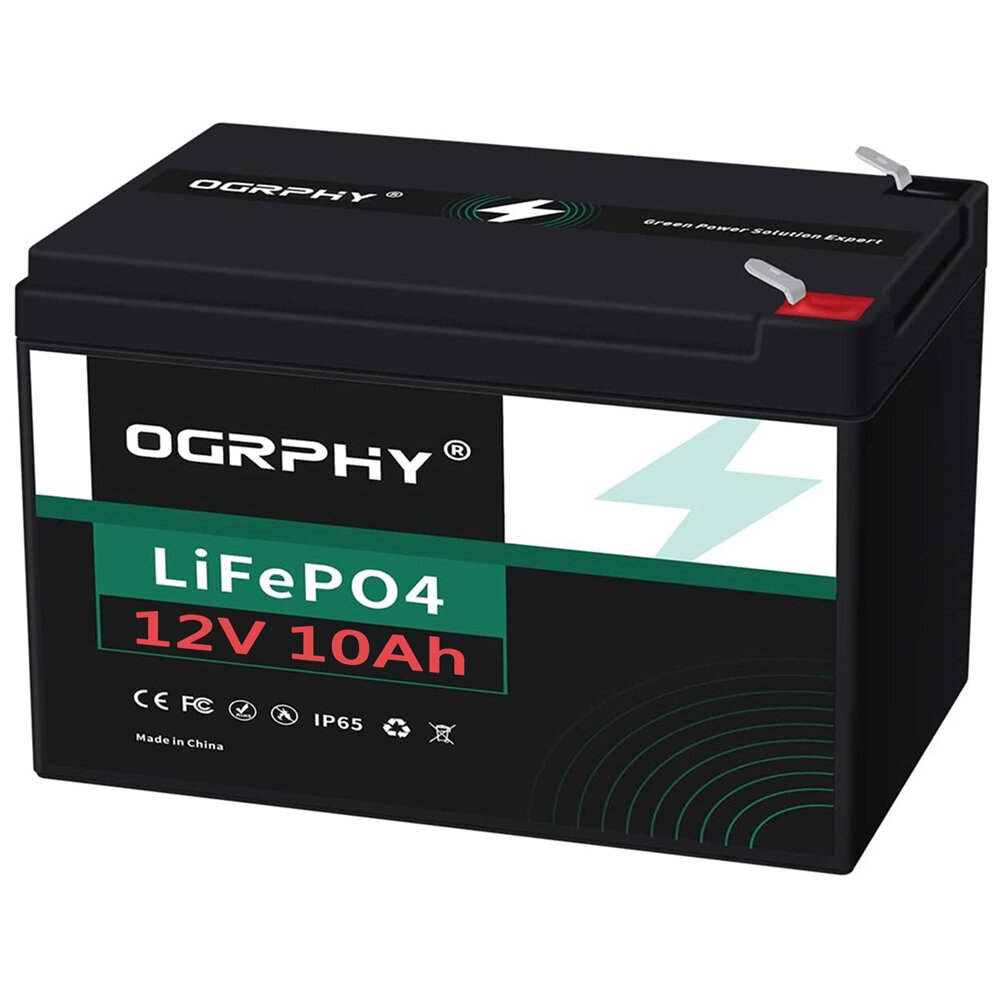

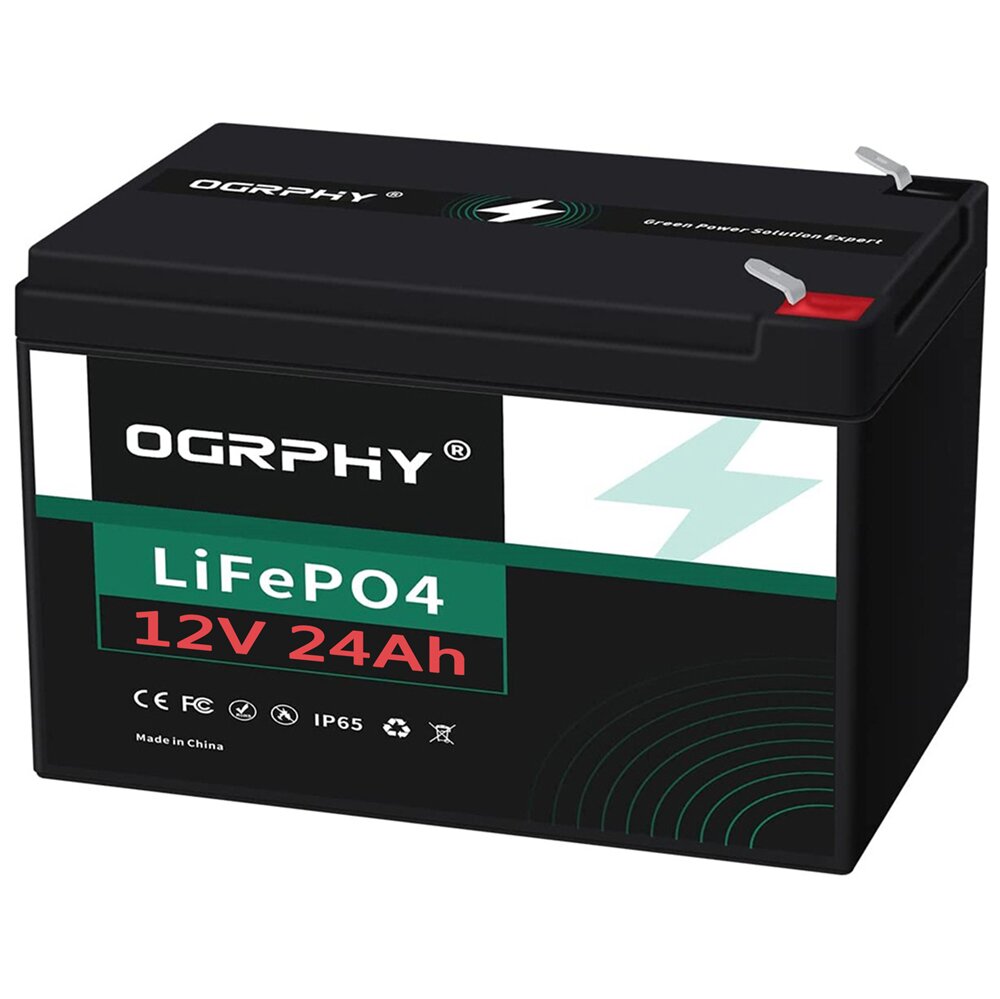
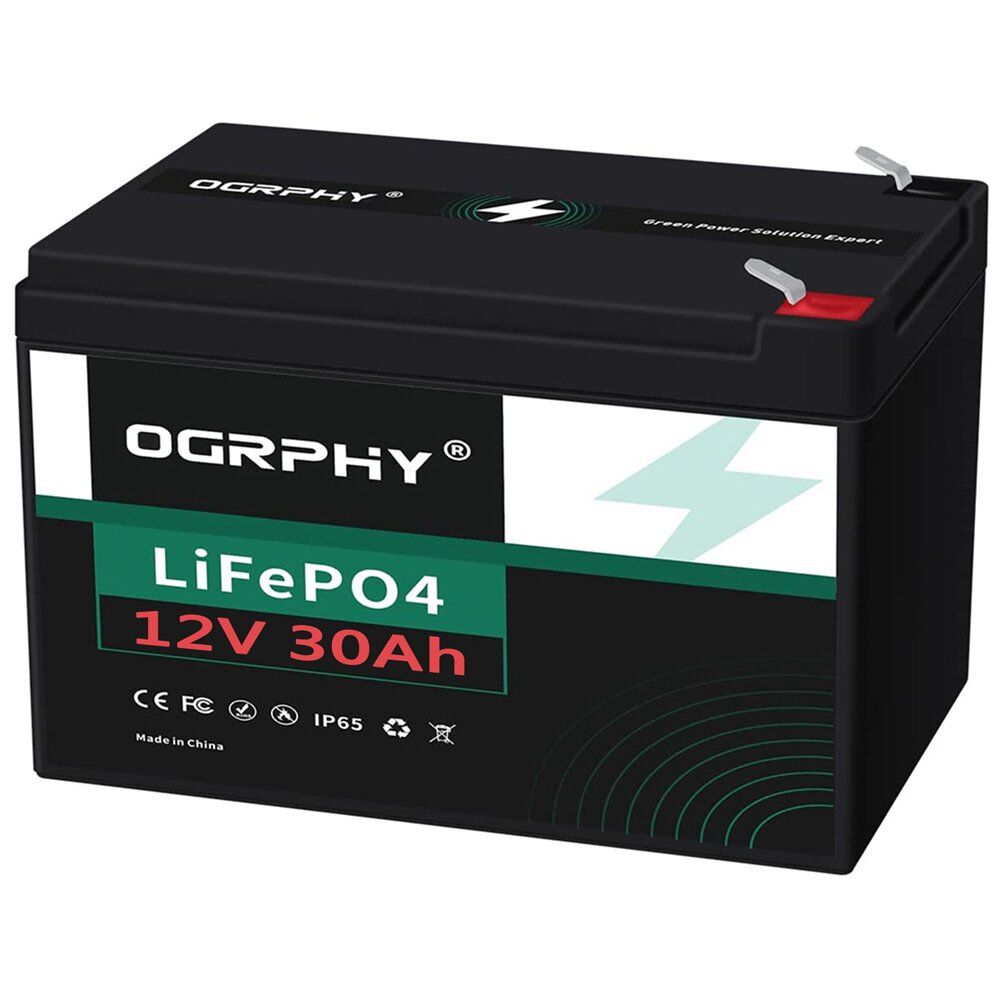
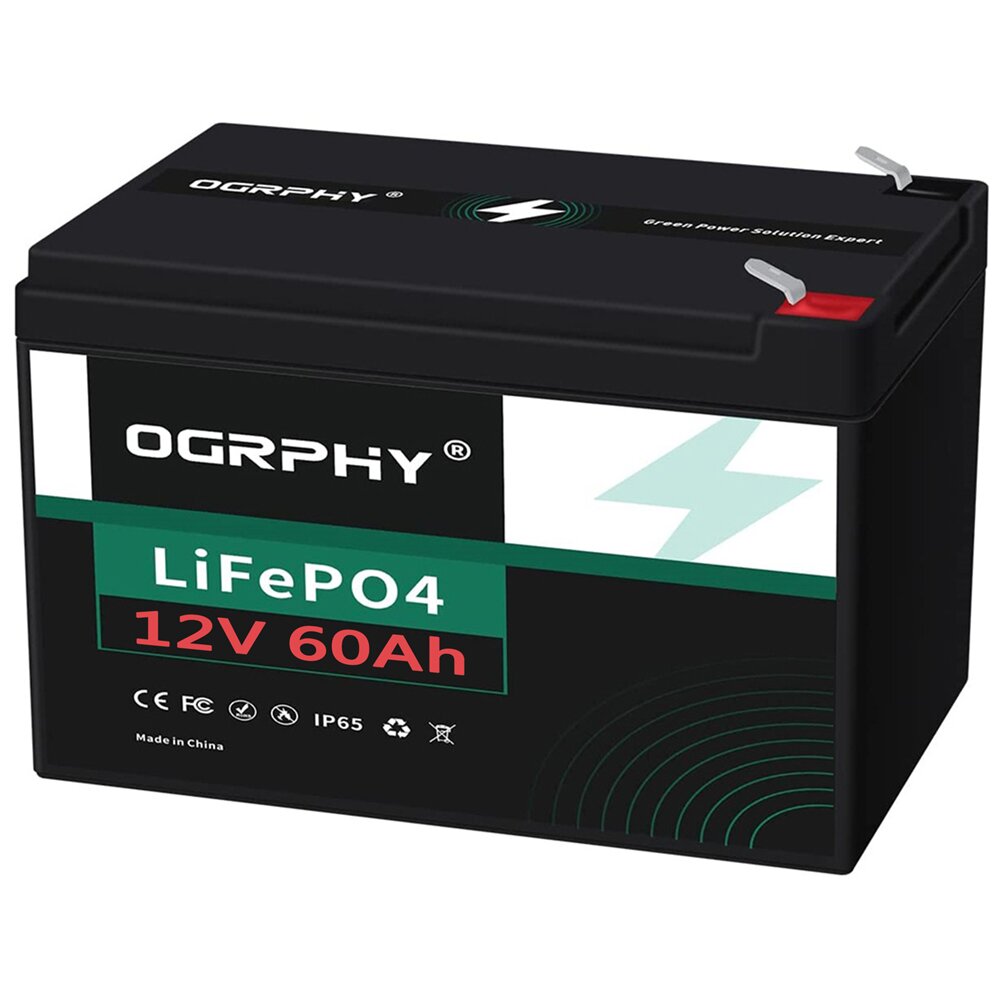


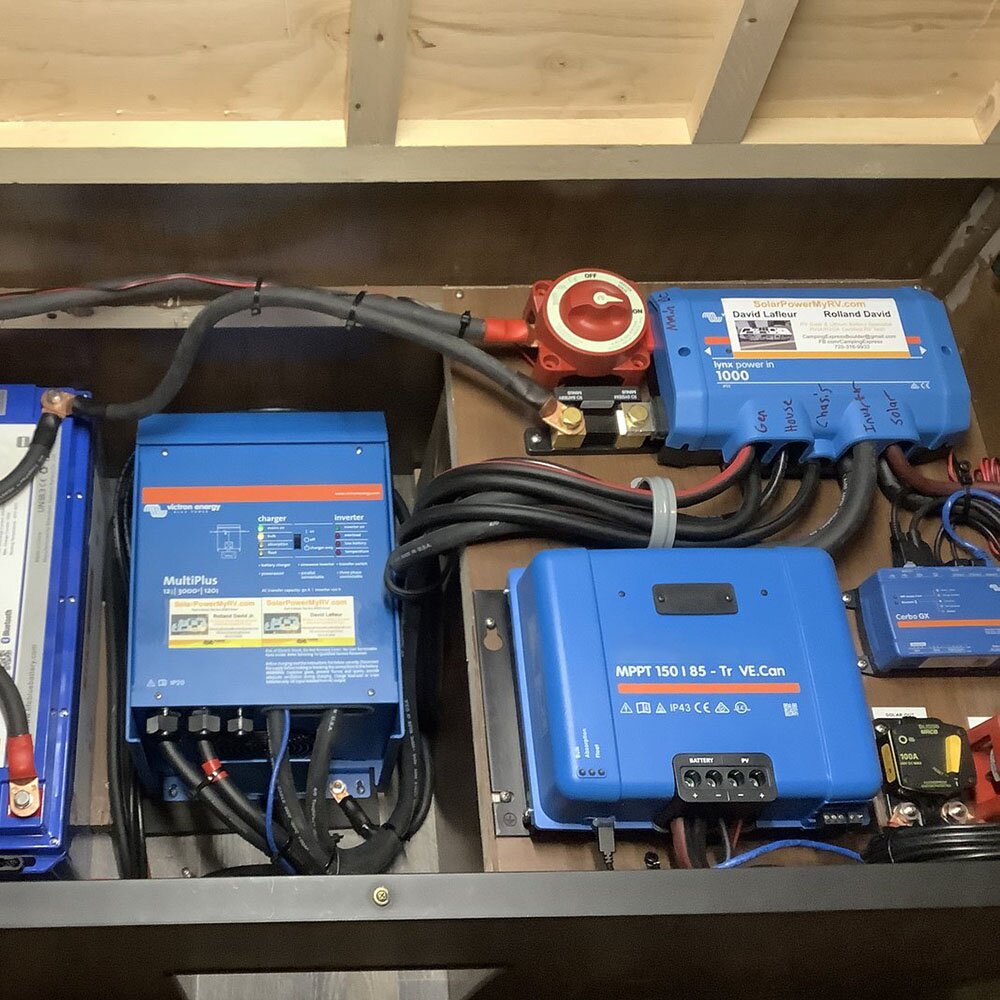

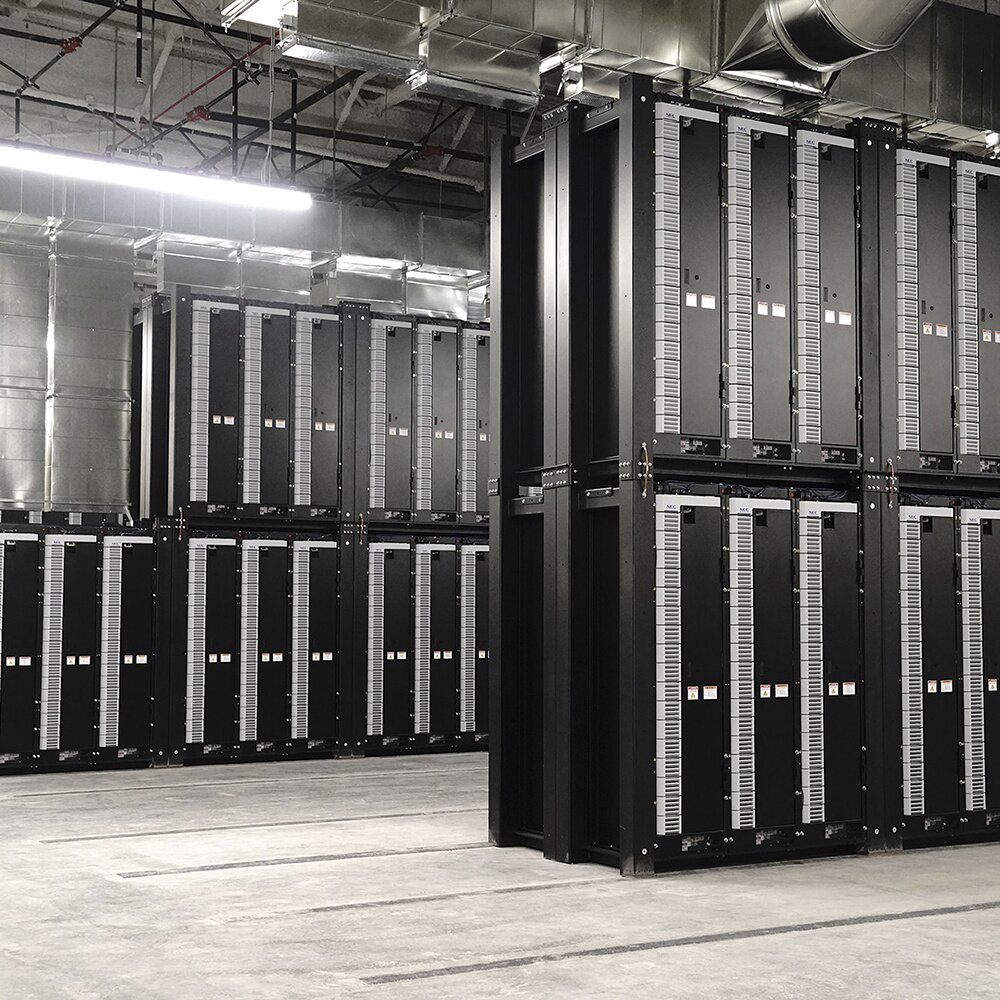

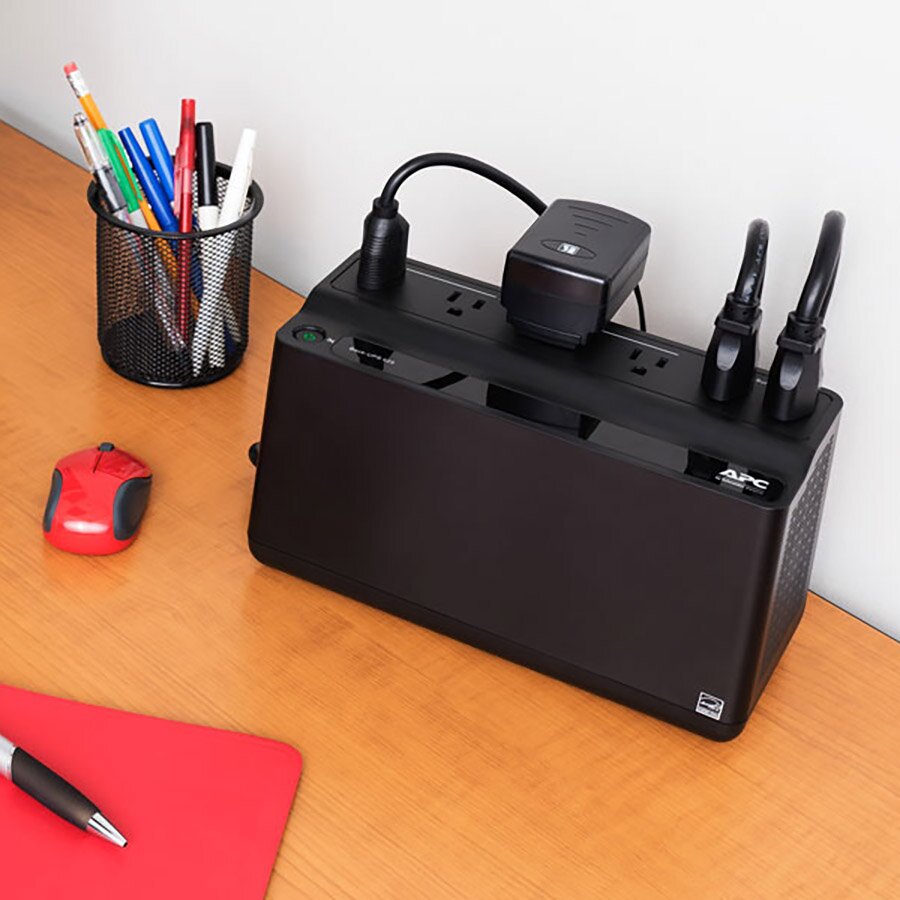
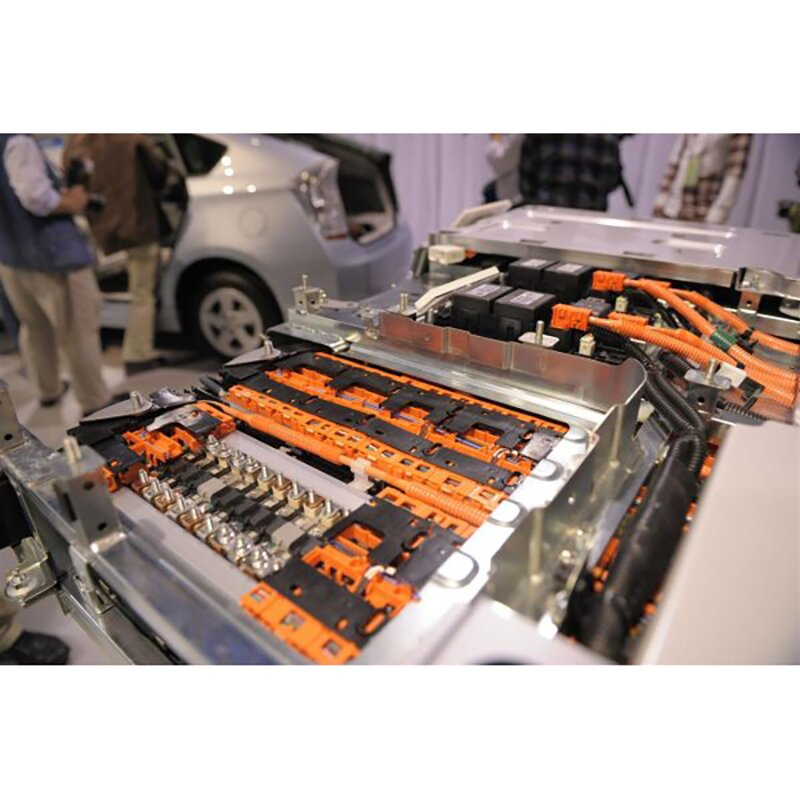
Submit for consultation
We will reply to you within 24 hours